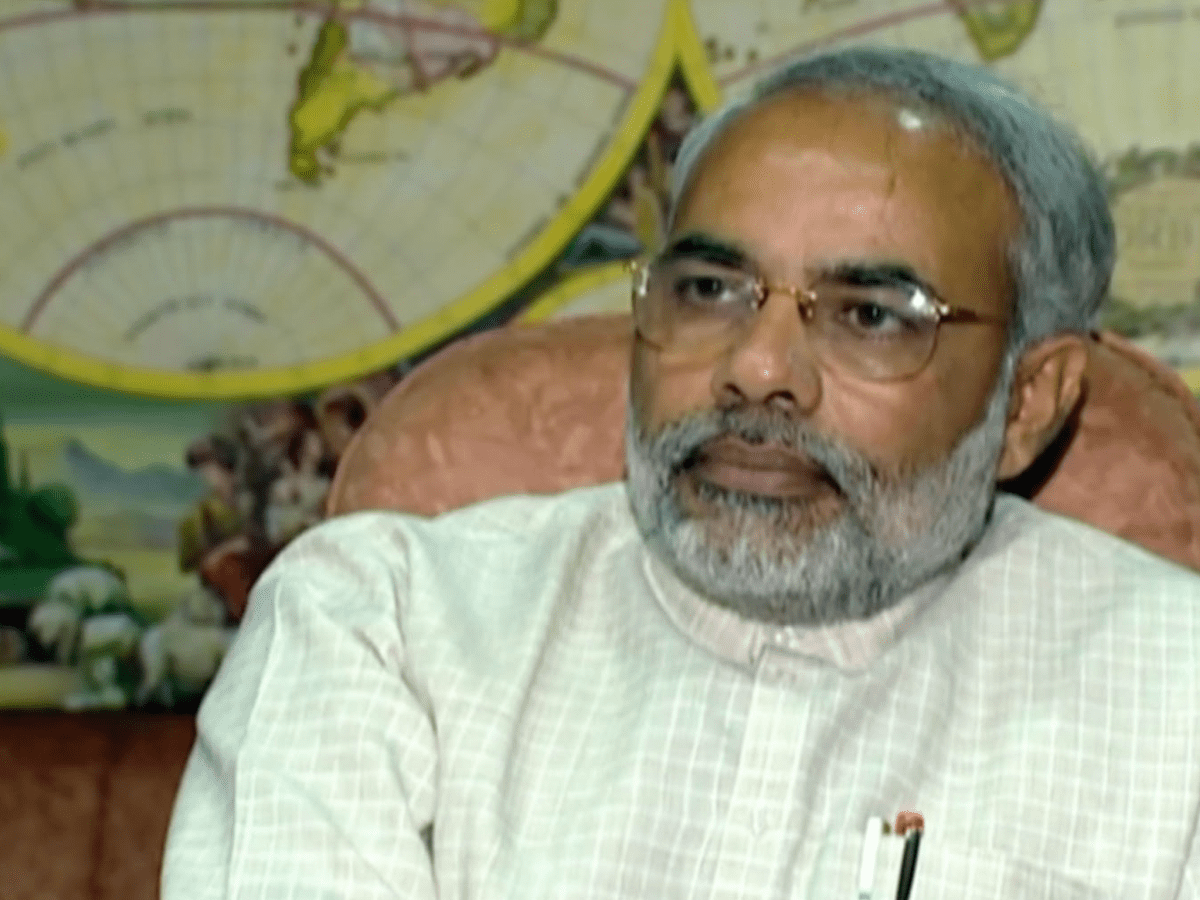
Bhopal: The Madhya Pradesh Legislative Assembly on Monday passed a ‘censure motion’ against a BBC documentary for allegedly showing Prime Minister Narendra Modi in a bad light over the 2002 Gujarat riots.
The motion was a private member resolution moved by ruling Bharatiya Janata Party (BJP) legislator Shailendra Jain with the approval of the state’s Parliamentary Affairs Minister, Narottam Mishra. It was passed by a voice vote.
With this, after Gujarat — the home state of PM Modi, Madhya Pradesh became the second BJP-ruled state to pass a ‘censor motion’ against the BBC.
Notably, the Gujarat Assembly had on Friday passed a resolution requesting the Centre to take strict action against the BBC for tarnishing the image and popularity of PM Narendra Modi with the documentary.
A censure motion is an expression of strong disapproval. In Parliamentary procedure, it is a debatable main motion that could be adopted by a majority vote.
Before the motion was passed by the Madhya Pradesh Assembly by voice vote on Monday, Jain said the BBC had telecast the objectionable documentary by misinterpreting the 2002 Gujarat riots and portraying the then chief minister Narendra Modi in a bad light.
He said the documentary had also cast aspersions on the judiciary, which amounts to contempt of court, and added that the judiciary works independently and freely in India.
He also mentioned that the Central government should not forgive the BBC and take action against the broadcaster.
Speaker Girish Gautam placed the resolution to test, which was passed by a voice vote.
The controversial two-part documentary by the BBC titled ‘India: The Modi Question’ claims to have probed certain aspects of the riots, which took place after the Godhra train burning incident, when Modi was the chief minister of Gujarat.
Notably, earlier in January, soon after its release, the government had issued directions to block multiple YouTube videos and Twitter posts sharing links to the documentary.



